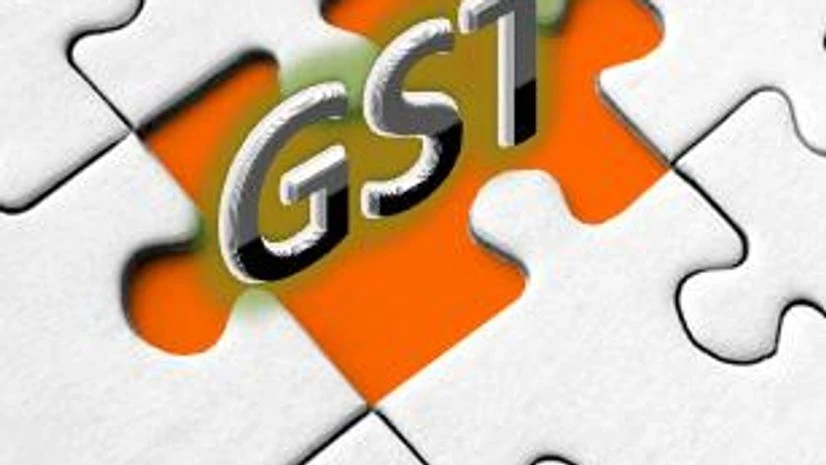Dual control of the Centre and states, and exemptions and threshold for annual turnover below which GST would not apply are likely to be discussed in the meeting of the empowered committee of state finance ministers.
In the previous meeting in Bhubaneswar, the empowered committee had formed three committees to give reports on integrated GST and value added tax (VAT) on imports; dual control, threshold and exemptions; a revenue-neutral rate and place of supply rules.
For inter-state movement of goods, the committees have suggested a new model, as the states felt that the model earlier envisaged had certain flaws.
Only the committee on dual control has submitted its final report, while the rest have submitted interim reports.
“The committee has not given specific rates, as the biggest problem in deciding RNR is that there is no data available today as to which states gets how much revenue from services. The Centre itself is struggling on many issues regarding service tax, especially after the introduction of a Negative List for services,” a person familiar with the development told Business Standard.
Decisions taken by the committee here will be crucial and may help take forward the talks on GST. A Standing Committee of Parliament is likely to submit its report on a Constitutional Amendment Bill for GST to the government soon. This might pave way for introduction of the revised Bill in the winter session of Parliament.
The Constitution Amendment Bill is just an enabling provision required because in the current scheme of things, the Centre can't impose a tax beyond manufacturing and states can't impose a service tax. In GST, both the Centre and states are expected to impose the new indirect tax on common pool of goods and services.
After the Constitution Amendment Bill, the Centre is expected to bring a model GST Bill and states their respective GST bills. GST will replace excise duty and service tax on the Centre's front and VAT and other levies at states end.
In the Bhubaneswar meeting, it was decided that states may have the freedom to opt out of GST. However, during a subsequent meeting between Finance Minister P Chidambaram and the committee at Delhi, it was felt that the new indirect tax system has to be introduced across the country.
Last month in Mumbai, Chairman and Bihar Finance Minister, Sushil Modi of the Bharatiya Janata Party (BJP), had said the option for the states to opt out of the proposed new taxation regime no longer exists.
"Either all states should join or not join ... Now, there is general consensus that whenever GST comes, all the states will join," he had said. However, his counterpart in Madhya Pradesh sang a different tune. State finance minister Raghavji, also from the BJP, said there was no consensus on GST. "I do not think the Centre's model of GST can come. There is no consensus on GST," he said a few days ago.
By Saturday, it would be clear whether the hill station has mellowed Raghavji over his bitterness towards the “Centre's model” of GST or not.

)
